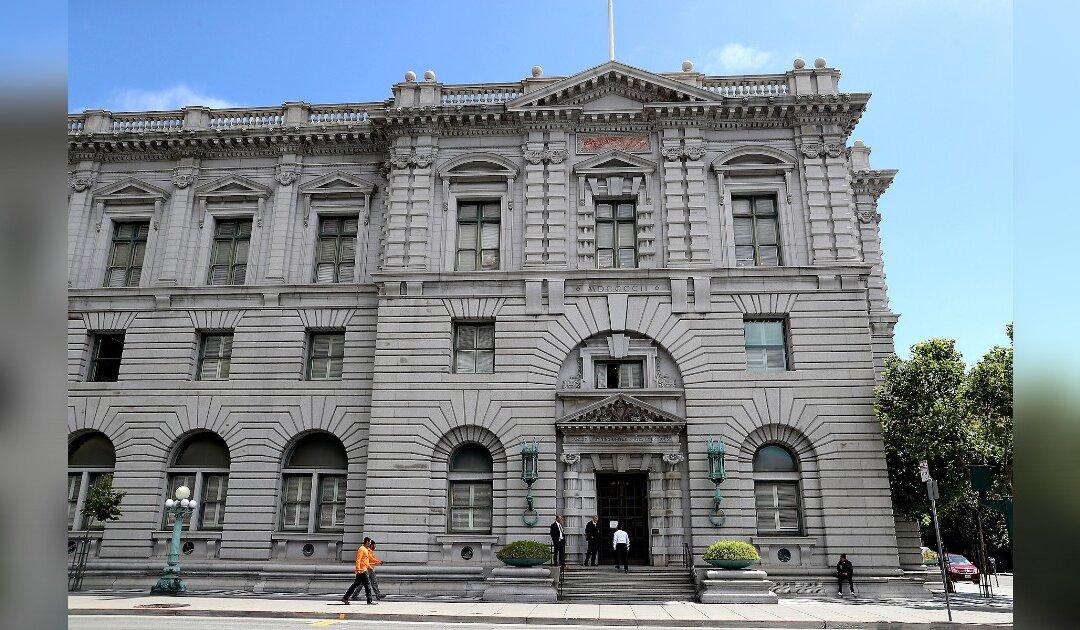The Department of Justice under the Trump administration secured a victory in a federal appeals court on a sanctuary cities-related case, which concerns how the DOJ awards a specific type of grant money to cities to hire more police officers.
The Ninth Circuit of Appeals court, in a 2-1 decision on July 12 (pdf), ruled that the DOJ can put more priority toward approving applications for grant money that’s under the Community Oriented Policing Services (COPS) program to cities that are willing to cooperate with federal efforts to remove illegal immigrants from the country.




